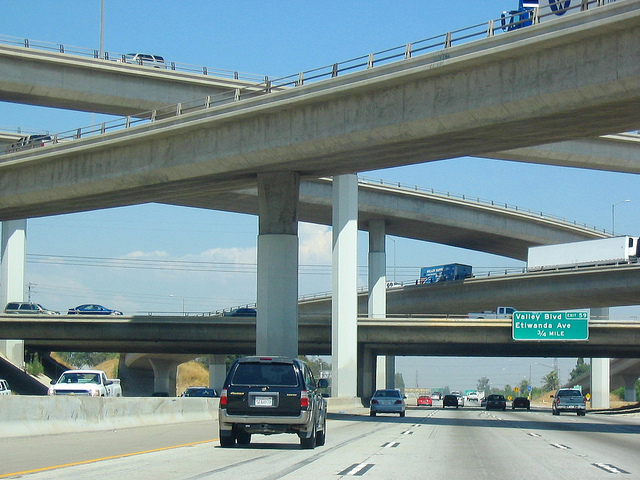
On Nov. 8, voters gave a huge show of support by approving bond packages that allocated billions of dollars in funding for major public transportation projects across the country. Front and center in many of the bond referendums were transit projects of all types.
Contractors, engineers, planning firms, environmental companies and consultants will be monitoring the hundreds of transportation opportunities. New light-rail projects, as well as rapid transit lines and construction of transit stations, are all shovel-ready. And, planning has already been done for bike lanes, bike-sharing stations and alternative fueling stations. Additionally, some communities will purchase new buses.
In Los Angeles, voters followed a growing trend and approved a permanent sales tax that will be dedicated to transportation projects. The Los Angeles tax is projected to generate about $860 million annually. This new funding is being called the Measure M tax and it will be used for major public transit expansion projects for LA Metro. Some of the projects are through the planning stages and can immediately move on to feasibility study, design and construction. One of the projects – the next phase of the Purple Line Extension – will extend the highly touted subway 2.5 miles. Measure M funds will also be used for sidewalk improvements, systems maintenance, fare subsidies and even a network of greenways.

Photo by Luke Jones is licensed under CC BY 2.0
Seattle area residents approved a $54 billion transportation bond that will construct more than 62 miles of light-rail and 37 transit stations by 2041. When complete, the rail initiative, which is being called Sound Transit 3, will have more than doubled the region’s light-rail system. Funds will also be used to extend bus and commuter-train lines to help alleviate growing congestion.
Residents in the San Francisco Bay Area authorized Bay Area Rapid Transit (BART) to issue $3.5 billion in bonds to rebuild the region’s aging 44-year-old transit system. BART officials plan to issue a part of the bond funds every two years in equal installments to address repairs as needed.
Atlanta citizens also voted for a 0.4 percent sales tax increase that would raise $300 million over five years, with the funding dedicated to transportation improvements. This money will fund street projects, sidewalk repairs, trail construction and bike-sharing. In addition, a separate half-cent sales tax increase is expected to generate $2.5 billion over the next 40 years. This money will allow the Metro Atlanta Regional Transit Administration to expand operations by introducing high-capacity rail improvements, new infill rail stations within the city, new buses and new bus routes.
The trend is set, and it is moving throughout the U.S. State constitutions are being amended to address transportation needs. The Illinois Transportation Taxes and Fees Lockbox Amendment, also known as the Safe Roads Amendment, requires all transportation taxes and fees to be spent exclusively on transportation projects. This guarantees that billions of newly available tax dollars will be available and can be used to fund future transportation projects.
Voters in Franklin County, Ohio, reapproved a 10-year, 1/4 percent sales and use tax for the Central Ohio Transportation Authority (COTA) that was originally on a 2006 ballot. The renewed funding for COTA, which serves the Columbus area, will provide roughly $63 million per year. These funds will continue to focus on expanding and improving the bus system.
The fact that so many bond referendums passed is clear evidence that citizens are deeply committed to protecting the nation’s transportation assets. With billions of dollars in new funding, people in urban communities will see many improvements in their public transportation systems as well as economic stimulus for many decades to come. It’s a really good time for companies with service offerings related to infrastructure, construction, transportation, engineering, project management and professional services.
